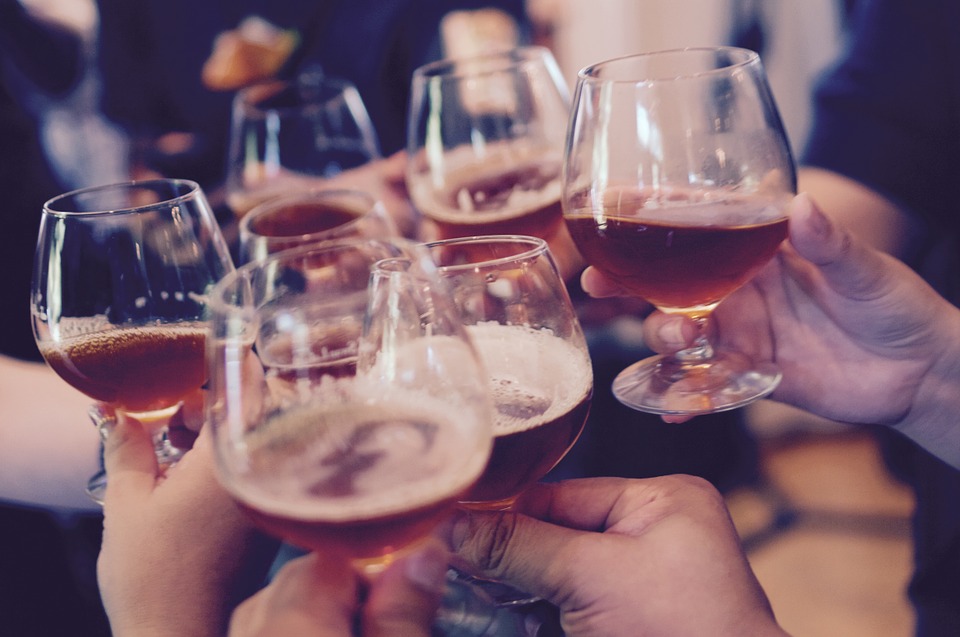Rehab is an effective, but expensive way to get sober. If inpatient rehab isn’t in your time or
financial budget, it’s good to know that there are alternatives. These nine alternatives cost less
than inpatient rehab and treat addiction effectively.
Alternatives for Rehab:

- Outpatient Programs
Inpatient programs often require a lengthy overnight stay that forces people to not go to work or
take care of their families. If you can’t meet the requirements for inpatient care, outpatient
treatment might be a better solution. These programs usually require between 10 to 15 hours
weekly, so patients can still go to work and take care of their responsibilities. The treatment
program is similar to inpatient care, but without the overnight stay. - Medication
Another helpful way to treat addiction is with medication. Your therapist and health care provider
work together to build a program that helps you fight your cravings. Medications even exist to
help people with opioid withdrawal symptoms. - Therapy
Many people who want to stop their addictions combine several methods. Two that work well
together are therapy and medication. Therapists can help with the mental issues related to
addiction, while the medication helps you deal with unpleasant symptoms that come from
withdrawal and cravings. Addicts benefit from working with therapists who specialize in treating
addiction, and many addicts benefit from cognitive behavioral therapy when looking to change
their behaviors. - Meditation
Meditation helps people manage their stress, and the practices can also help people end their
addictions. Practicing meditation helps people learn about their triggers and cravings so they no
longer act on them. The practice also prevents people from relapsing. - Recovery Coaching
Recovery coaches are people who have battled addiction and want to help others do the same.
They are in recovery themselves, and they use their experience and professionalism to help
other people find success during treatment. They understand what it’s like to be addicted to
drugs and alcohol, so they know what people need to feel supported during this challenging
time.
- Nutrient Therapies
Eating healthy is good for everyone, but especially for people who are in addiction recovery.
Nutrient and supplement therapies help recovering addicts get their nutrients they need to
support their health and well-being. This type of treatment is usually performed by a naturopath
or a functional medicine doctor. Your health care provider can also suggest supplements that
will help you during your treatment program. - Natural Recovery
If you are in the early stages of addiction, natural recovery might be the best choice. This type of
treatment involves changing your attitude toward drugs and alcohol on your own. You do not
work with a therapist or take any medication, you just stop using drugs and alcohol. - Peer Recovery Groups
Peer recovery groups are an affordable and supportive way to get treatment for addiction.
Groups like Alcoholics Anonymous and Narcotics Anonymous are two popular options for
people in communities of all sizes. Many of these groups are donation-based, and you can
participate as you need. - Harm Reduction
Harm reduction treatment helps people make better choices about their addictions. Rather than
ending addiction, this treatment encourages users to make safe choices regarding drug use.





